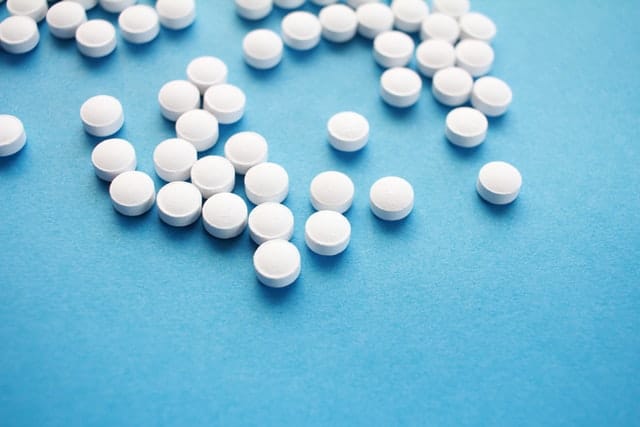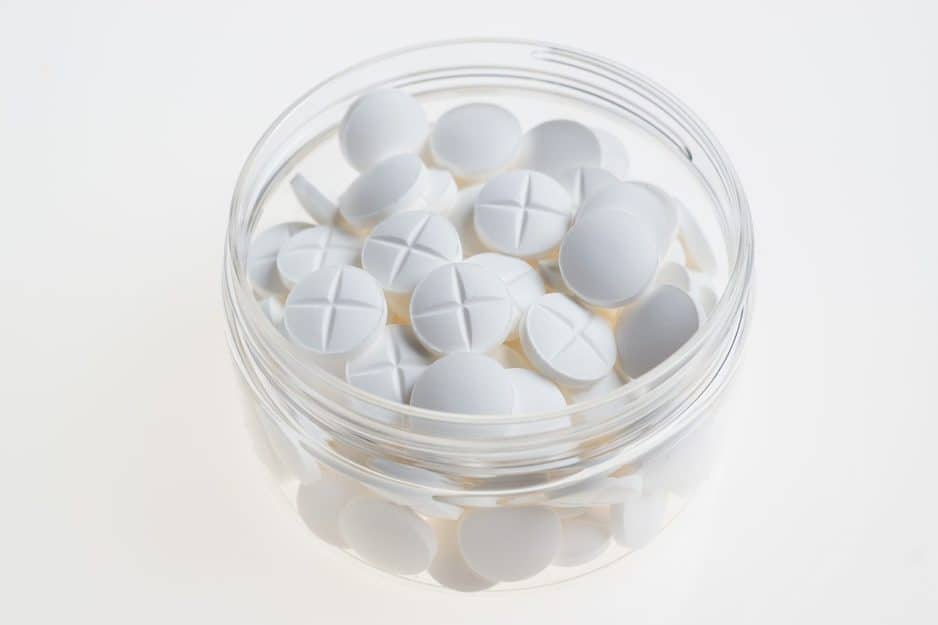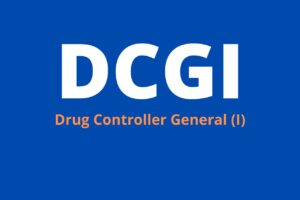Last Updated on September 9, 2023 by The Health Master
Crucial role of Aspirin
A recent study, unveiled at the ESC Congress 2023, has spotlighted the Crucial role of Aspirin in preventing recurrent heart attacks, strokes, and fatalities.
According to this groundbreaking research, individuals who ceased taking aspirin faced a 29% higher risk of these life-threatening events at the two-year follow-up, escalating to a concerning 40% at the four-year mark.
In light of these findings, it becomes imperative to delve into the realm of aspirin usage for cardiovascular health and consult an expert to understand its optimal consumption.
The Study’s Revelation:
Aspirin’s Role in Reducing Second Heart Attacks
The study, as published in JAMA, offers a resounding endorsement of regular aspirin intake as a potent measure to mitigate the risk of a second heart attack.
Astonishingly, it reveals that only 40% of individuals who have previously experienced a cardiovascular event actually use aspirin.
The study encompassed a vast cohort of 124,505 participants hailing from 51 nations, unearthing that in high-income countries like the United States, a mere 6.5% of patients incorporate aspirin into their health regimen.
Expert Insights:
1. Dr. Sameer Gupta’s Perspective: The Crucial Role of aspirin
Recognizing the crucial role of aspirin in averting cardiovascular events, we engaged in a conversation with Dr. Sameer Gupta, a distinguished Senior Interventional Cardiologist and Group Director at Metro Group of Hospitals in Noida.
Dr. Gupta imparts invaluable insights into the appropriate dosage, administration methods, and precautions associated with aspirin usage during a heart attack.
His expertise provides a comprehensive guide for making informed decisions regarding aspirin consumption in these critical circumstances.
How to Administer Aspirin During a Heart Attack
When faced with the suspicion of a heart attack, time is of the essence. Dr. Gupta underscores the importance of swift action and recommends the following method for taking aspirin:
1. Chew or Crush:
Aspirin should be chewed or crushed before swallowing.
This preparation facilitates faster absorption into the bloodstream, ensuring a rapid response.
2. Rapid Action:
Prompt administration is paramount.
Taking aspirin as soon as possible after experiencing heart attack symptoms maximizes its potential benefits by preventing the formation of blood clots.
Determining the Appropriate Dosage
Dr. Gupta advises a standard dosage for aspirin during a suspected heart attack:
1. Low-Dose Aspirin:
Typically, a dose ranging from 162–325 milligrams (mg) of non-enteric coated or chewable aspirin is recommended.
Avoid enteric-coated aspirin, as it may hinder rapid absorption when immediate action is crucial.
2. Medical Consultation:
While the standard dosage is generally recommended, it is imperative to consult a healthcare professional for personalized advice, considering an individual’s medical history and current health condition.
Who Should Exercise Caution or Avoid Aspirin Use?
Dr. Gupta emphasizes the need for caution and, in some cases, avoidance of aspirin usage for specific groups of individuals:
1. Allergy or Sensitivity:
Individuals with a known allergy or sensitivity to aspirin should abstain from its use.
2. Bleeding Disorders:
Aspirin can elevate the risk of bleeding, making it essential for individuals with bleeding disorders or a history of gastrointestinal bleeding to seek medical guidance before taking aspirin.
3. Ulcers or Stomach Issues:
Those with a history of ulcers or gastrointestinal conditions should consult a healthcare provider before considering aspirin, as it may exacerbate these conditions.
4. Medication Interactions:
It is critical to inform healthcare providers about all medications being taken, as aspirin can interact with certain drugs, including blood thinners, antiplatelet medications, and nonsteroidal anti-inflammatory drugs (NSAIDs).
This disclosure is crucial to avoiding potentially harmful interactions.
Conclusion:
In conclusion, aspirin serves as a powerful ally in reducing the risk of heart attacks when administered correctly during a suspected event.
Dr. Sameer Gupta’s expert guidance underscores the importance of swift action, appropriate dosage, and meticulous consideration of personal health circumstances.
However, Dr. Gupta’s final word of advice remains constant: “Take aspirin only under the supervision of and after consultation with a registered medical professional. Please do not start or stop aspirin without professional guidance.”
In navigating the complexities of cardiovascular health, knowledge, and expert counsel remain our strongest allies.
Disclaimer: This content, including advice, provides generic information only. It is in no way a substitute for a qualified medical opinion. Always consult a specialist or your own doctor for more information. The Health Master does not claim responsibility for this information.
Disclaimer: This article contains information derived from the source mentioned below. Our team utilized an AI language model to rewrite and present the news or article in a unique format.
Controlling Mood Swings: 5 Effective ways to achieve the goal
Oil Pulling: Benefits for Your Body and How to Do It
Revolutionary Device: New Technology for Diabetes Detection and Management
Beat Dust Allergies Naturally: 5 Simple Home Remedies
5 ways to prevent the side effects of Oily Food consumption
5 प्राकृतिक तरीके immunity को बढ़ाने के लिए: Must read
Liver Cirrhosis: let’s understand it’s early symptoms and identification
ये 5 आदतें आपके स्वास्थ्य को बर्बाद कर रही हैं
The Power of Endorphins: Your Natural Euphoria and Pain Relief











